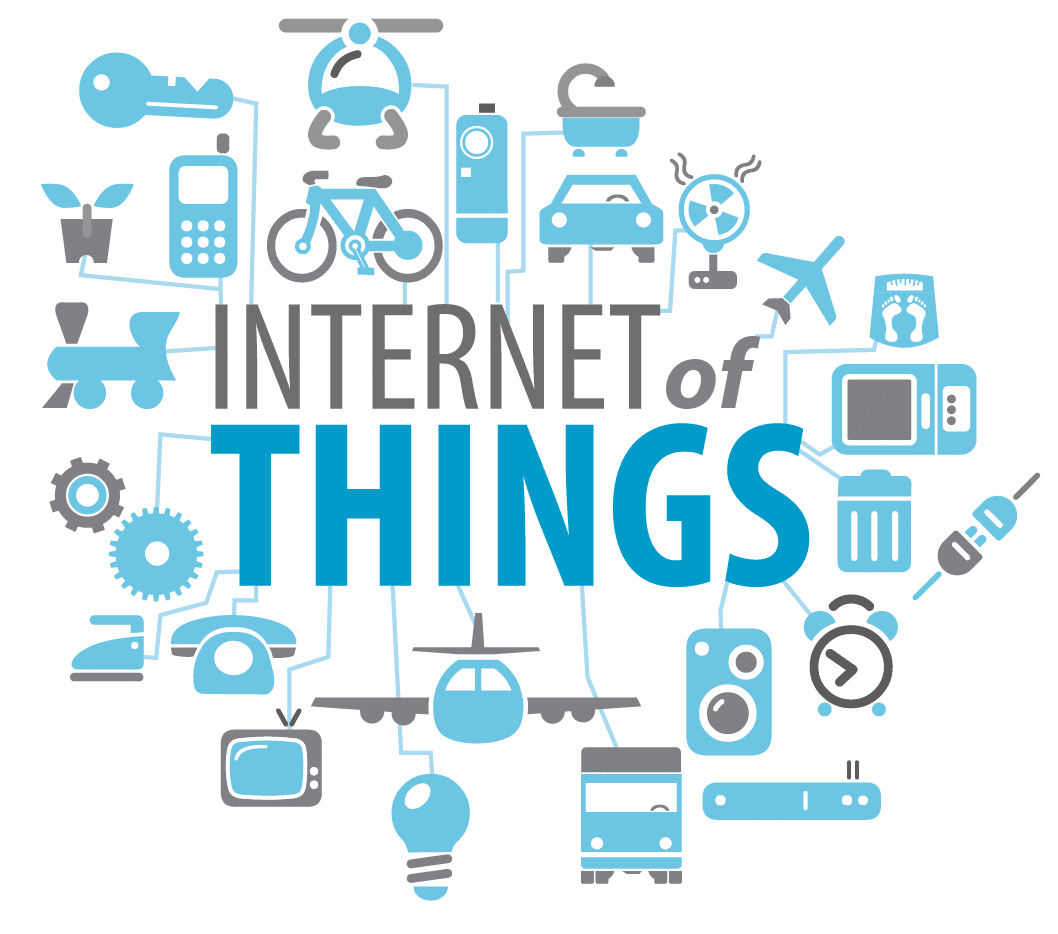The internet of things is undoubtedly the next big thing and growing at a staggeringly fast pace, and will eventually revolutionise every aspect of modern life. The pool of creators and aspiring developers of IoT are constantly searching for the right tools to use. So what are the open source tools best suited for working with the IoT, and where can developers find them?
A large number of open source tools are at the disposal of any would-be developer to utilise and build their IoT application around them. We are enlisting some of them with their respective links and available projects if any.
Eclipse IoT Project
You must have came across Lua programming language. Eclipse is providing many different projects for IoT. This includes application frameworks and services; open source implementations of IoT protocols and tools compatible with Lua programming language. Eclipse is promoting Lua as an ideal IoT programming language. The related projects by Eclipse include Mihini, Koneki and Paho.
Project: The Paho project provides reliable open-source implementations of open and standard messaging protocols aimed at new, existing, and emerging applications for Machine-to-Machine (M2M) and Internet of Things (IoT).
Arduino
Arduino which is an already known name in electronics designing industry, provides an open-source prototyping platform based on easy-to-use hardware and software. It features both hardware specification for interactive electronics and a set of software that includes an IDE and the Arduino programming language. The website of Arduino states that it is “a tool for making computers than can sense and control more of the physical world than your desktop computer.”
For more details visit: http://www.arduino.cc/
Project: A Smart night lamp for kids– Lights up when dark and changes color automatically. Step by step tutorial with full source code!
Kinoma
Kinoma, a product of Marvell Semiconductor is a hardware prototyping platform which encompasses three different open source projects. Kimona Create is a DIY construction kit for prototyping electronic devices. Kimona Studio is the development environment that works with Create and the Kinoma Platform Runtime. Kimona Connect is a free iOS and Android app that links smartphones and tables with IoT devices.
For more details you may visit: http://www.marvell.com/kinoma/
Sparkle Motion: Create an LED world map driven by global Twitter traffic data.
M2MLabs Mainspring
M2MLabs Mainspring is an open source application framework which is suitable for creating machine to machine (M2M) applications. These applications include remote monitoring, fleet management or smart grid. The array of features include flexible modeling of devices, device configuration, communication between devices and applications, validation and normalisation of data, long-term data storage, and data retrieval functions. The platform is widely based on Java and the Apache Cassandra NoSQL database. M2M applications can be prototyped in hours rather than weeks and finally transferred to a high performance execution environment built on top of a standard J2EE server and the highly scalable Apache Cassandra database.
For more details you can visit: http://www.m2mlabs.com/framework
Tutorial Sample project: This tutorial covers sensor and device modeling, device creation, data retrieval and data display in the M2M platform.
Node-RED
Node-Red is a visual tool for wiring the Internet of Things i.e wiring together hardware devices, APIs and online services in new and interesting ways. Built on Node.js, Node-RED describes itself as “a visual tool for wiring the Internet of Things.” It allows developers to connect devices, services and APIs together using a browser-based flow editor. It can run on Raspberry Pi, and more than 60,000 modules are available to extend its capabilities.
For more details visit: http://nodered.org/.
Arduino Yún
Arduino is an open-source electronics platform based on easy-to-use hardware and software. This micro controller combines the ease of an Arduino-based board with Linux. It includes two processors—the ATmega32u4 (which supports Arduino) and the Atheros AR9331 (which runs Linux). Other features include Wi-Fi, Ethenet support, a USB port, micro-SD card slot, three reset buttons and more.
Project: Ultrasonic Map-Maker using an Arduino Yun- Generates maps based on distance between itself and obstacles autonomously and provides visual feedback.
BeagleBoard
BeagleBoard offers credit-card sized computers that can run Android and Linux. Because they have very low power requirements, they’re a good option for IoT devices. Both the hardware designs and the software they run are open source, and BeagleBoard hardware (often sold under the name BeagleBone) is available through a wide variety of distributors. Experiment with Linux, Android and Ubuntu and jump-start development in five minutes with the included USB cable.
Project: Measuring Temperature with a BeagleBone Black, learn how to connect temperature sensor to a BeagleBone Black.
Flutter
Flutter is a programmable processor core for electronics projects, designed for hobbysits, students, and engineers.Flutter’s claim to fame is its long range. This Arduino-based board has a wireless transmitter that can reach more than a half mile. Plus, you don’t need a router; flutter boards can communicate with each other directly. It includes 256-bit AES encryption, and it’s easy to use. Github
LightBlue Bean Punch Through
The LightBlue Bean is a low energy Bluetooth Arduino microcontroller. Using Bluetooth 4.0, it is programmed wirelessly, runs on a coin cell battery, and is perfect for smartphone controlled projects. With Bean, you can program wirelessly from any of your devices. No more unscrewing screws and ungluing glue. Github
Microduino
Microduino hasone of the the world’s smallest series of Arduino-compatible smart modules that are small, flexible, stackable and powerful. These modules can be used to realise a large number of DIY projects. The boards by Microduino are really small and are compatible with Arduino. Interactive Projects
OpenPicus
OpenPicus produces Internet of Things system on modules called Flyport is an Italian hardware company who designs and. Flyport is open hardware and the openPicus framework and IDE are open software. Its platform and hardware are open source, but its products can be used to create closed source commercial products. The company also offers its development services for hire.










